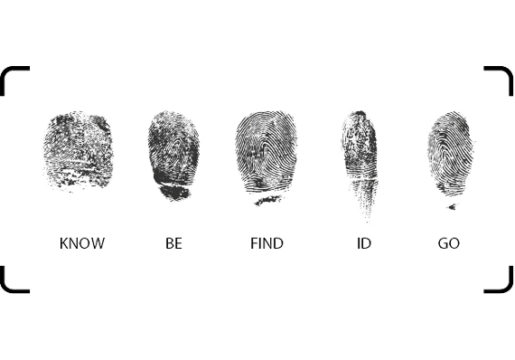
If you’re like me, you made your college and/or career decisions based on a talent or interest you had at age 16 or 17. If you’re like me, you would like to invent a time machine to go back and ask that teenager where he or she got the nerve to make such critical decisions about your life. Since that’s not going to happen, I’d like to at least share some things I’ve learned along the way with other aspiring artists.
Here are 5 things I would share with a high-school student, college age student, recent art school graduate, or someone early in their creative arts career, were I to meet with them in person. I should probably do a series of posts on each of these, but for now, here’s a fly-by overview of the 5 keys.
1. Know Your Personality Type
Are you an introvert or extrovert? Do you like risk, or does it scare you to death? Are you a broad brush visionary or do you prefer working out the details? You absolutely must understand as much as you can about your personality type. Some of this only comes with life experience but there are some very accurate tests you can take including the Myers-Briggs, or the DISC Assessment Test. Personally I prefer the DISC Assessment Test. There are great resources to help you see what career roles may fit you best, based on your personality type.
2. Be A Kid
What did you dream about doing as a kid when there were no obstacles to thinking big? What came naturally to you? What held your interest so long you forgot about time? What talent do you have that others have affirmed? What did you read, see, or hear that gave you a sense of awe and wonder? I believe those are all clues to your purpose. I have 2 step-brothers, one of whom is very close in age to me so growing up we played a lot together. When we were kids, I would get lost drawing characters, creatures, and space ships while my step-brother would get lost playing in the dirt with Hot Wheels and Matchbox Cars. Today I draw and produce animation for a living and my step-brother operates multi-million dollar construction cranes with cockpits that rival the space shuttle.
3. Find Yoda
Look for Virtual and Real-Life Mentors. Find someone in your field in your area and ask them to mentor you. If you can’t find someone in your area, check online. There are tons of blogs, podcasts, youtube videos, books by industry leaders, documentaries, and other resources that allow thought leaders to virtually mentor thousands of creatives. I’ve had real life flesh-and-blood mentors at different times in life, but I’ve also been mentored afar by leaders who don’t even know me. There’s no substitute for a real mentor, but be sure to capitalize on the amazing amount of resources available to you today.
4. Identify Your Core Values
Core values become filters for finding your calling and making decisions. Spend time determining what they are. For example, my top core values are: Family, Leadership, Passion, Courage, Growth, Selflessness. I have more, but those are the top 6. If I have an opportunity or career decision to make, one of the things I do is filter the decision thru my core values. If it violates them, I don’t go down that path. Over the years I’ve turned down work (even when my business needed the cash flow) because it didn’t line up with one or more of my core values.
5. Go Niche
Begin as a generalist, but always with the aim of specializing in something. Specialization puts you in higher demand. Creature Box for example is THE “go-to” company if you need action comic style sci-fi character design and visual development. (Notice how niche that is.) They are good at what they do and have become known for their niche and are very successful. As long as your skill is marketable, you will be better served in the long run by becoming a master at 1 thing, then being pretty good at several things. Time is a limited (and your most valuable) resource. Figure out early on what you want to master. In the book Outliers, author Malcolm Gladwell shows it takes 10,000 hours to master any craft. Here is another great example of an artisan with extreme specialization. One last thing I should mention. The term “calling” is an inherently spiritual term. As a Christian, I believe there are ways God reveals our calling to us if we seek to find out. In any case, and whatever your belief system or world view is, finding your calling is inherently spiritual. It speaks to purpose, destiny, and things of that nature, so be sure spend time processing your calling thru that lens.
